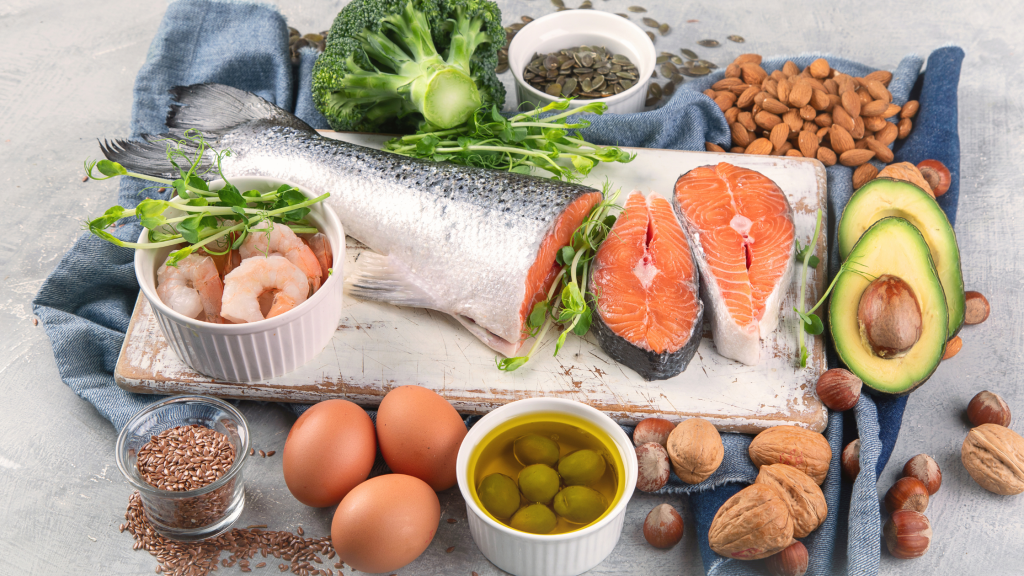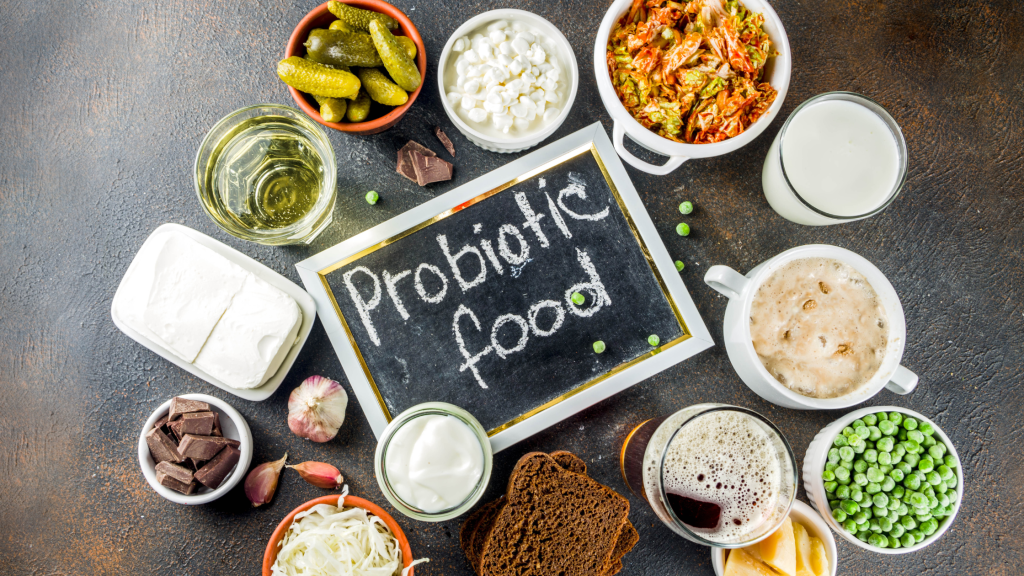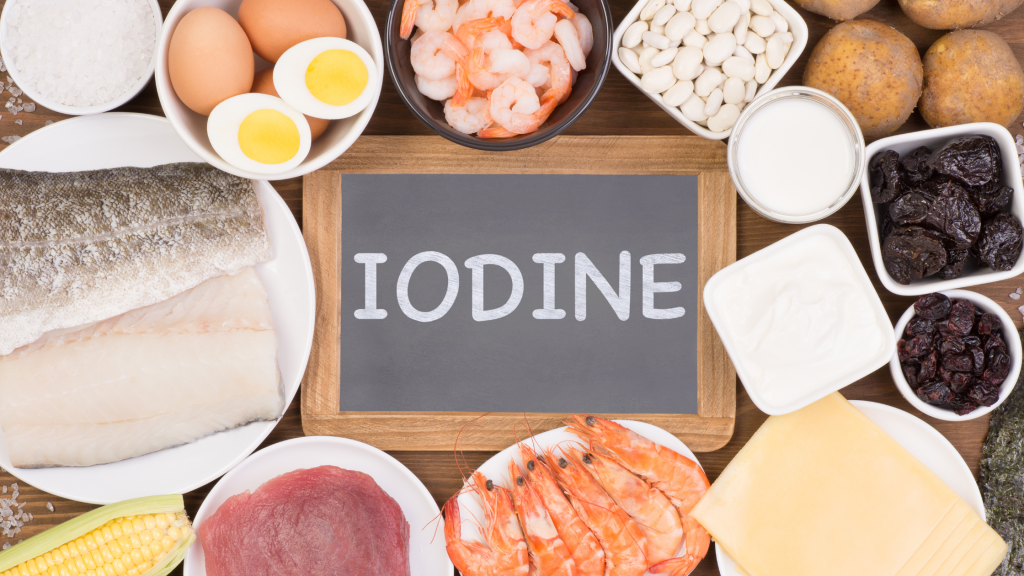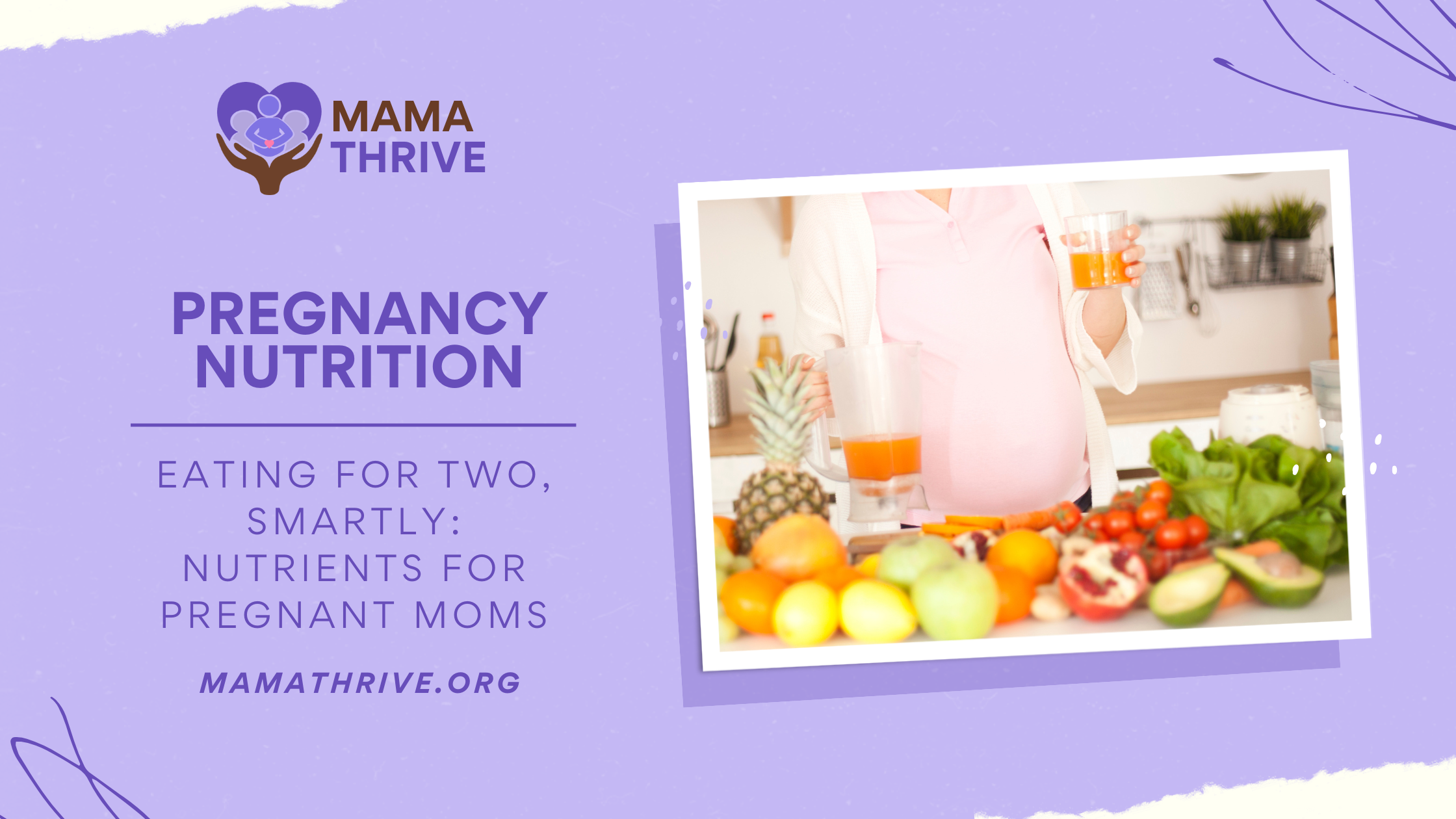March, celebrated globally as Women’s Month, offers a unique opportunity to spotlight various aspects of women’s lives, including the transformative journey of pregnancy. It’s a period marked by anticipation, change, and the need for increased nutritional awareness. While most are familiar with common advice such as the importance of folic acid and iron, there’s a wealth of lesser-known nutritional guidance that can significantly impact both mother and baby’s health. Let’s delve into some of these underrated nutrients for pregnant moms and dietary considerations to empower them with knowledge for a healthier journey.
Nutrients for Pregnant Moms
1. Choline for Brain Development
Among the many nutrients for pregnant moms, choline stands out for its significant yet underrecognized role in fetal brain development. This nutrient, essential for the development of the brain and nervous system, influences the structure and function of the brain cells, enhancing memory and overall cognitive function. Despite its importance, choline does not usually make it to the front page of prenatal nutrition guides.
Choline is vital for the formation of the neural tube and plays a role in brain and memory development that can have lasting effects on your child’s ability to learn and retain information. It’s also critical for making a substance required for the messages to be sent between nerve cells. The recommended intake of choline during pregnancy is higher than at other times, yet many pregnant women do not meet this recommendation.
To boost your choline intake, include choline-rich foods in your diet such as eggs, particularly the yolks, lean meats, poultry, fish, and certain vegetables like Brussels sprouts and broccoli. One large egg provides about 147 milligrams of choline, which is about 27% of the daily recommended intake for pregnant women (550 milligrams per day). Making these foods a regular part of your diet can support your baby’s cognitive development, setting the stage for a lifetime of learning.
2. Omega-3 Fatty Acids

Omega-3 fatty acids are celebrated for their role in fetal brain and eye development, with DHA being the star of the show. However, another type of Omega-3 fatty acid, EPA (eicosapentaenoic acid), also plays a crucial but less heralded role as nutrients for pregnant moms. While DHA supports the structural development of the brain and retina, EPA is instrumental in regulating the body’s inflammatory responses and supporting the immune system. This can lead to a reduced risk of allergies and other immune-related conditions in infants.
EPA’s importance during pregnancy extends beyond immediate immune support; it also contributes to the overall balance of fatty acids in the body, which is crucial for the health of both the mother and the baby. Seafood, particularly fatty fish like salmon, sardines, and mackerel, are excellent sources of both EPA and DHA. For those who are vegetarian or allergic to seafood, algae-based supplements offer a viable alternative to fish oil, ensuring that expectant mothers can still benefit from these essential nutrients.
3. Magnesium
While most people associate magnesium with bone health and its critical role in over 300 enzymatic reactions in the body, its importance during pregnancy goes far beyond. This often overlooked mineral is a powerhouse for pregnant mothers, aiding not just in bone development but also playing a crucial role in a myriad of physiological processes that ensure both the mother’s and baby’s health.
Magnesium’s benefits during pregnancy are multifaceted. It aids in the regulation of blood sugar levels, which is crucial in preventing gestational diabetes, a condition that affects a significant number of pregnancies. By ensuring proper blood sugar control, magnesium helps maintain the mother’s health and reduces the risk of complications during pregnancy and delivery.
Moreover, magnesium has been found to play a role in mitigating the risk of preterm labor. Adequate levels of this mineral can help relax the muscles of the uterus, preventing early contractions and contributing to a full-term pregnancy. This aspect of magnesium’s benefits is particularly significant, given the critical importance of ensuring that babies have ample time for development in the womb.
Pregnant women often experience leg cramps, especially in the later stages of pregnancy. Magnesium comes to the rescue once again by helping to alleviate these uncomfortable spasms. The muscle-relaxing properties of magnesium can reduce the frequency and intensity of leg cramps, making pregnancy more comfortable for expectant mothers.
Foods rich in magnesium include dark leafy greens such as spinach and Swiss chard, nuts and seeds like almonds and pumpkin seeds, whole grains, and legumes. Incorporating these foods into daily meals can help pregnant women meet their magnesium needs, ensuring they reap the benefits of this versatile mineral for both themselves and their babies.
4. Probiotics for Gut Health
The significance of gut health has gained more attention in recent years, with probiotics being at the forefront of the conversation. However, the role of probiotics during pregnancy may still be news to many. Probiotics, the beneficial bacteria that inhabit our digestive tract, are essential for maintaining a healthy gut microbiome, which in turn, supports overall health. For pregnant mothers, the benefits of probiotics extend to their unborn children as well.
Emerging research highlights the importance of a mother’s gut health on her baby’s immune system development. A healthy gut microbiome in pregnant women can influence the establishment of the baby’s microbiome, which is crucial for developing a strong immune system and reducing the risk of allergies and certain chronic conditions later in life.
Moreover, probiotics can help pregnant women manage digestive issues, such as constipation and bloating, which are common due to the hormonal changes during pregnancy. By promoting a healthy balance of gut bacteria, probiotics can enhance digestive health and comfort.

Foods rich in probiotics include yogurt, kefir, sauerkraut, kimchi, and other fermented foods. Including these in your diet not only supports your gut health but also provides your baby with a head start in developing a robust immune system. For those who may not consume these foods regularly, probiotic supplements are an option, though it’s advisable to consult with a healthcare provider before starting any supplementation, especially during pregnancy.
Learn more about gut health and the heart here.
5. Iodine for Thyroid Function
Iodine stands as a critical nutrient for ensuring the health and development of both mothers and their unborn children. This mineral is pivotal for the proper functioning of the thyroid gland, which regulates metabolism, energy production, and, crucially, the development of the brain and nervous system in fetuses and infants. Despite its significance, iodine does not always receive the attention it deserves in discussions about nutrients for pregnant moms.
A deficiency in iodine during pregnancy can have serious consequences, including developmental delays and lower IQ in children. It can also lead to thyroid problems for mothers, which can affect your overall health and the health of your baby. To safeguard against these risks, pregnant women should ensure they consume adequate amounts of iodine.

Iodine-rich foods include dairy products, iodized salt, and seafood, such as fish, seaweed, and shellfish. These foods can help maintain sufficient iodine levels, but given the variability in diet and the body’s increased demands during pregnancy, supplementation may sometimes be necessary. It’s important for expectant mothers to consult with their maternal healthcare providers about their iodine intake to determine if supplementation is needed, ensuring both their health and the optimal development of their baby.
6. Vitamin D
Vitamin D, often celebrated for its role in bone health, plays several additional crucial roles in the body, particularly during pregnancy. Beyond its well-known benefits for bone development, Vitamin D is instrumental in supporting immune function, which is vital for both mother and child. Furthermore, research suggests that adequate Vitamin D levels can reduce the risk of gestational diabetes, preterm birth, and low birth weight, underscoring the broader implications of this nutrients for pregnant moms and infant health.
Given the limited dietary sources of Vitamin D—such as fatty fish, egg yolks, and fortified foods—achieving sufficient Vitamin D levels can be challenging, especially in regions with limited sunlight or for individuals with limited sun exposure. Sunlight is a primary source for Vitamin D synthesis in the body, but reliance on sunlight alone can be insufficient, particularly in higher latitudes, during winter months, or for individuals with darker skin.
Supplementation becomes a critical strategy for ensuring adequate Vitamin D levels during pregnancy. Pregnant women, especially those at risk for Vitamin D deficiency, should discuss their Vitamin D status with healthcare providers. Supplementation, when appropriately managed, can support the health of the mother and the development of the fetus, highlighting the importance of Vitamin D in prenatal care.





